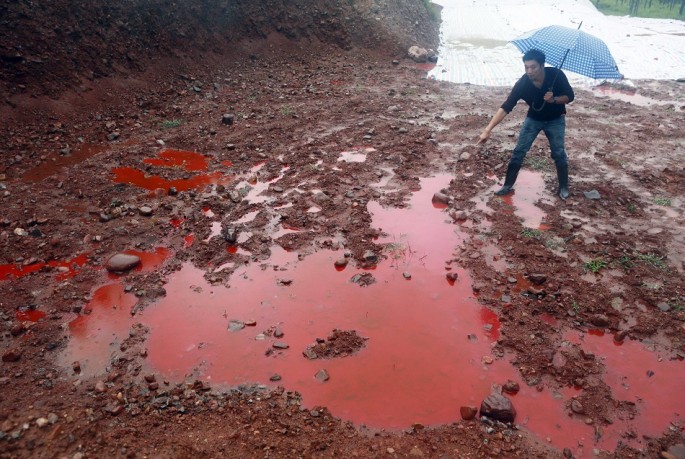In its drive to remove urban waste from rivers, the Chinese government will greatly consider public opinion with regards to the classification of clean rivers which are to be removed from a list of polluted areas, according to a report by China Daily.
First, in order for a polluted river or pond to be considered as such, at least 60 percent of respondents to a government survey must attest to that fact.
Second, more than 90 percent of residents who reside near these bodies of water have to express their approval of the clean-up efforts and the latter's effectiveness, the government can classify the area to be clean and free of pollution.
To aid in the implementation, the government will also establish a monitoring platform where up-to-date information will be released to the public in a timely manner.
According to a report released by the Ministry of Environmental Protection, 80 percent of urban rivers in China are polluted, while more than 200 million tons of waste, which are dumped in such areas, come from industrial production and households.
The Ministry of Housing and Urban-Rural Development is the forerunner in the initiative and has made public an action plan on tackling the problem.
"It is the first national long-term action plan to control urban river pollution which covers the whole process, from inspection to improvement of polluted waters and eventually the evaluation of efforts," said Zhang Linwei, deputy head of urban construction under the ministry, regarding the release of the ministry's Guide on Polluted Urban Rivers Control.
Based on the guide, by the end of 2015, all cities are required to finish their inspection of urban rivers in order to compile a database on areas that need to be focused on. Then by 2017, it is expected that the campaign will put an end to illegal sewage discharge and other forms of waste from diluting such areas.
Finally, by 2020, the percentage of polluted urban rivers will be reduced to less than 10 percent so that in 2030, major pollution problems in rivers will become non-existent.



























